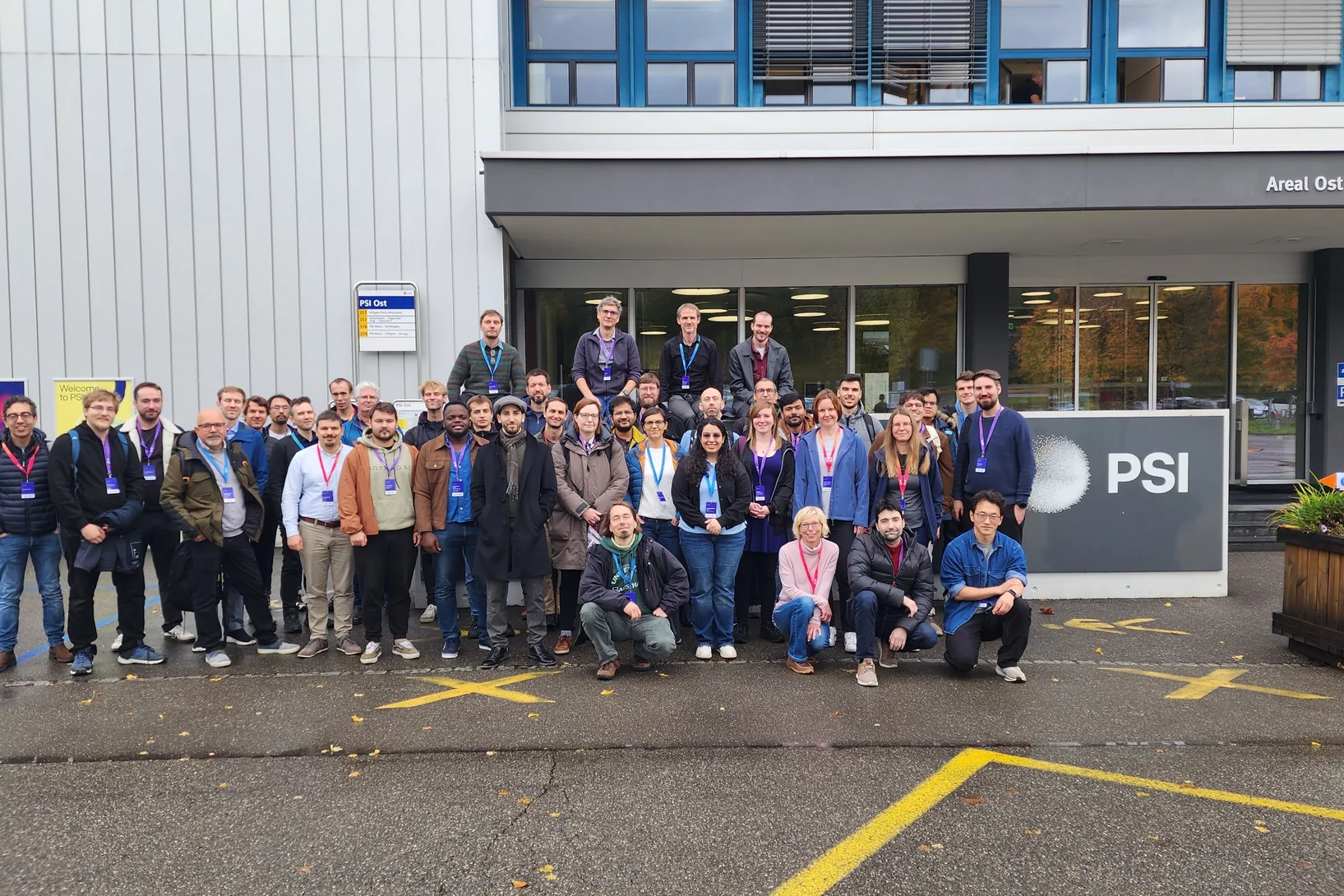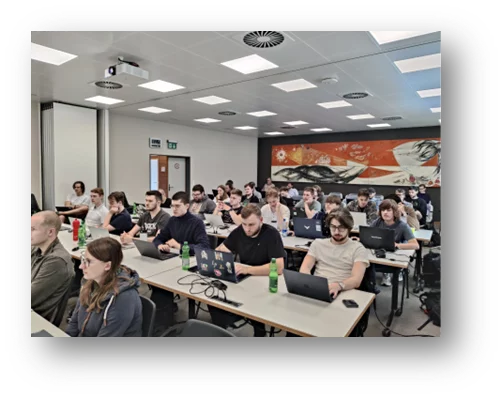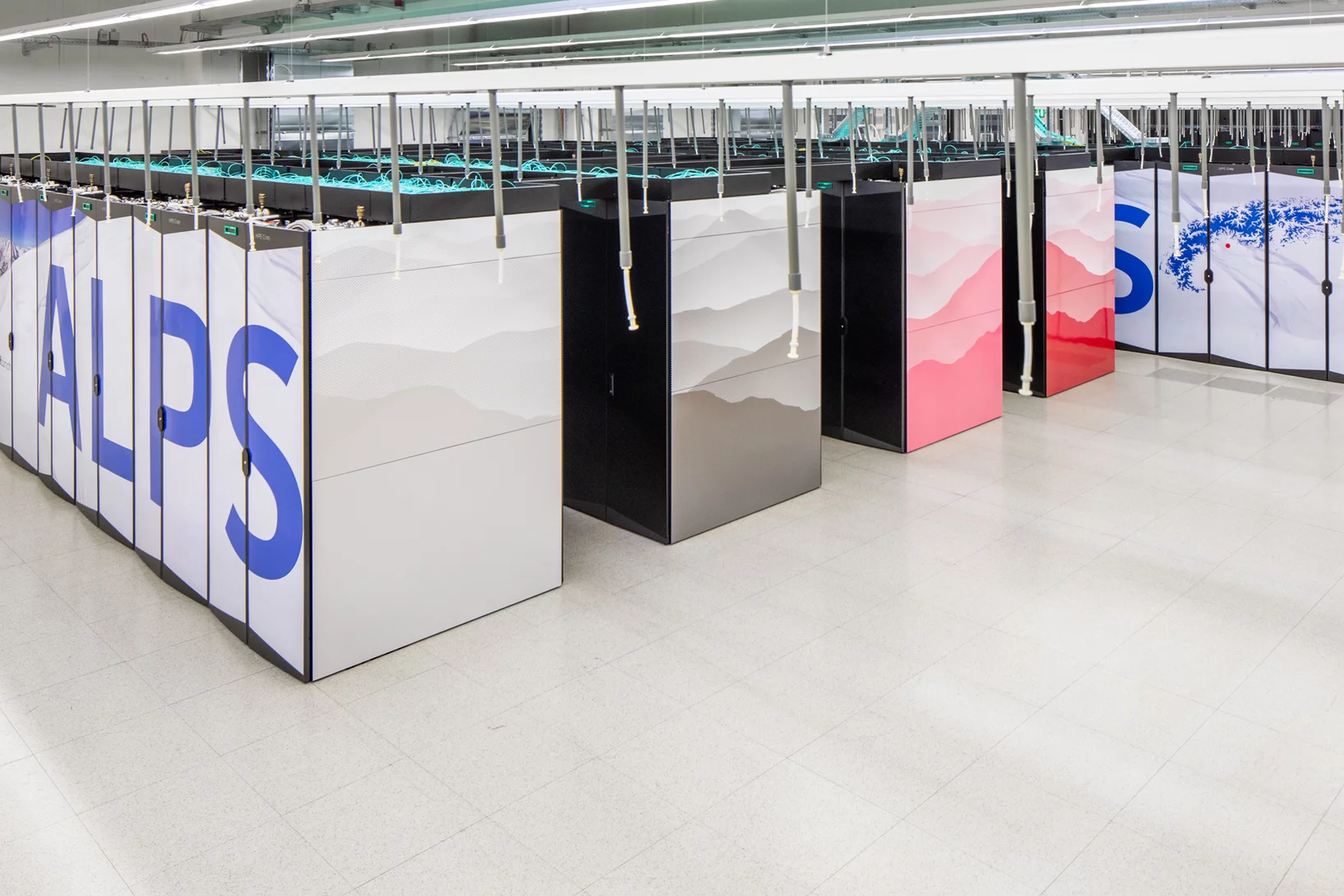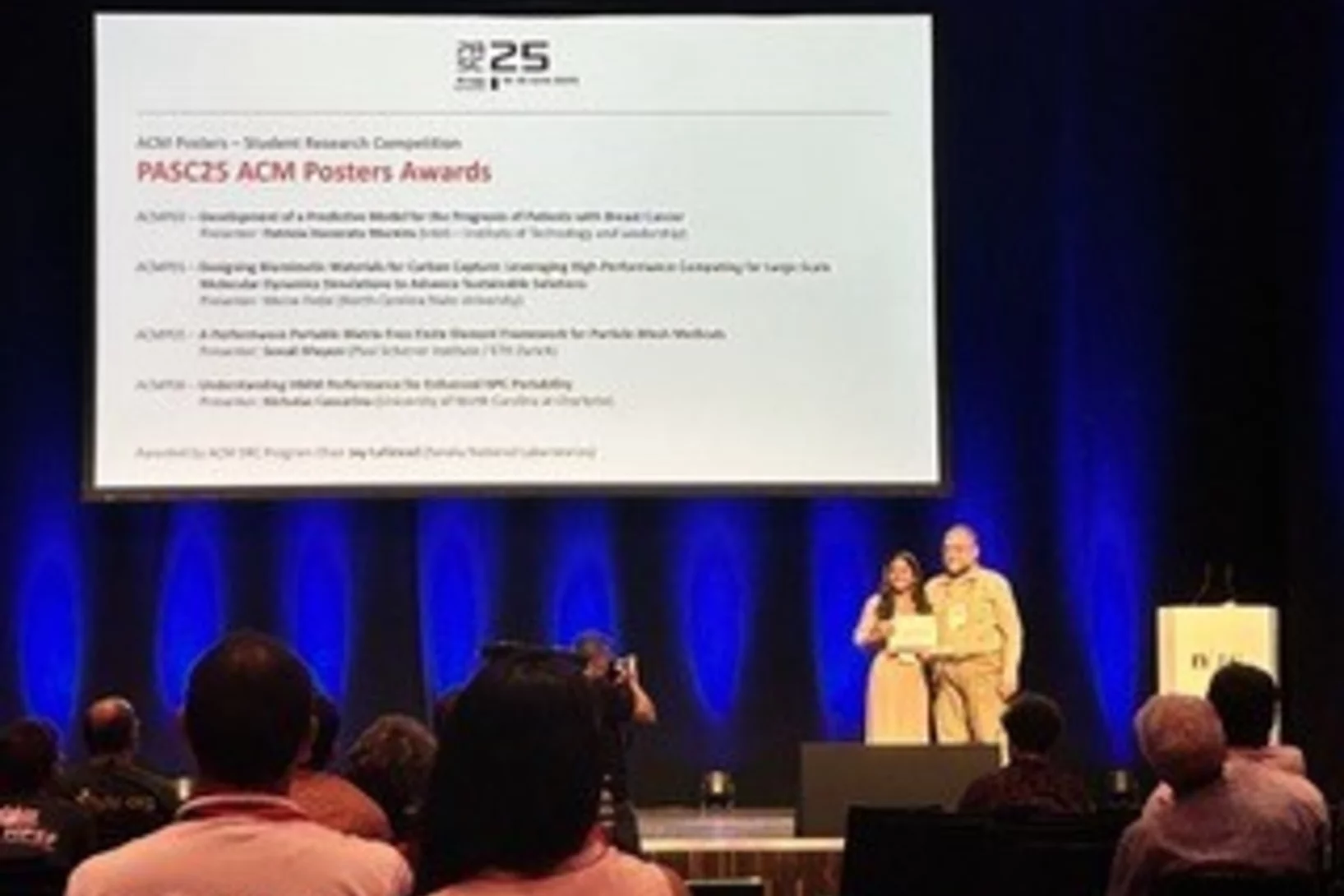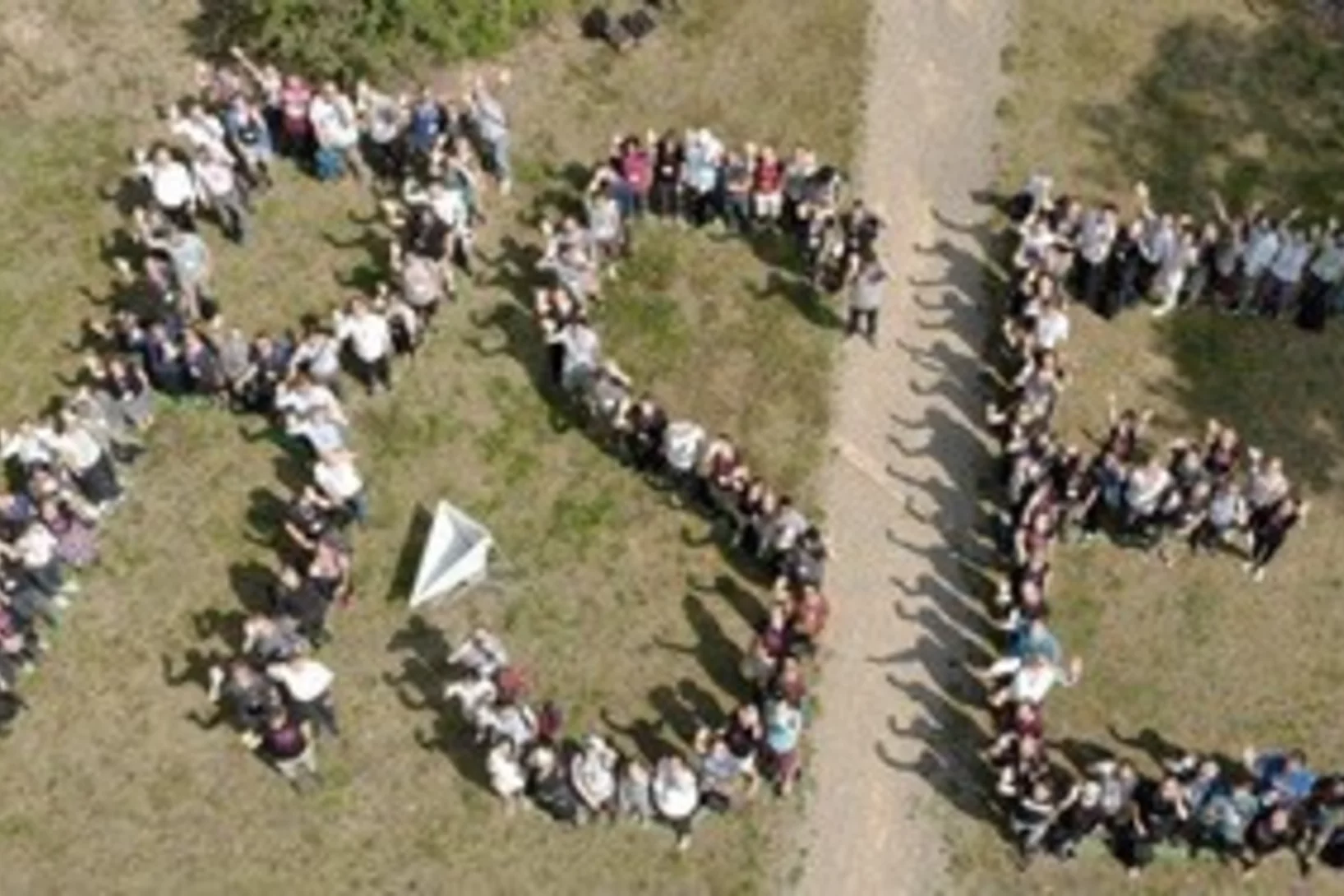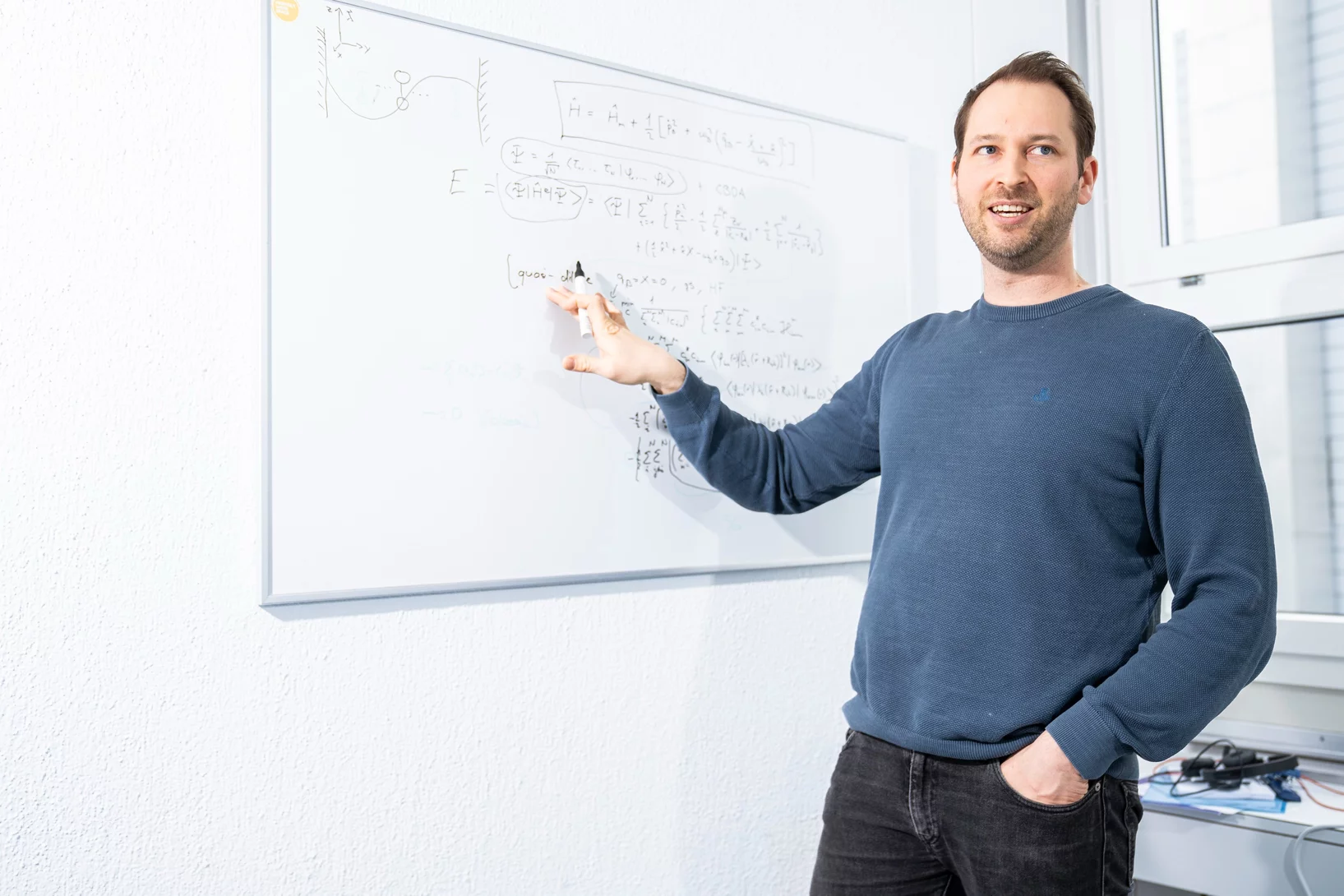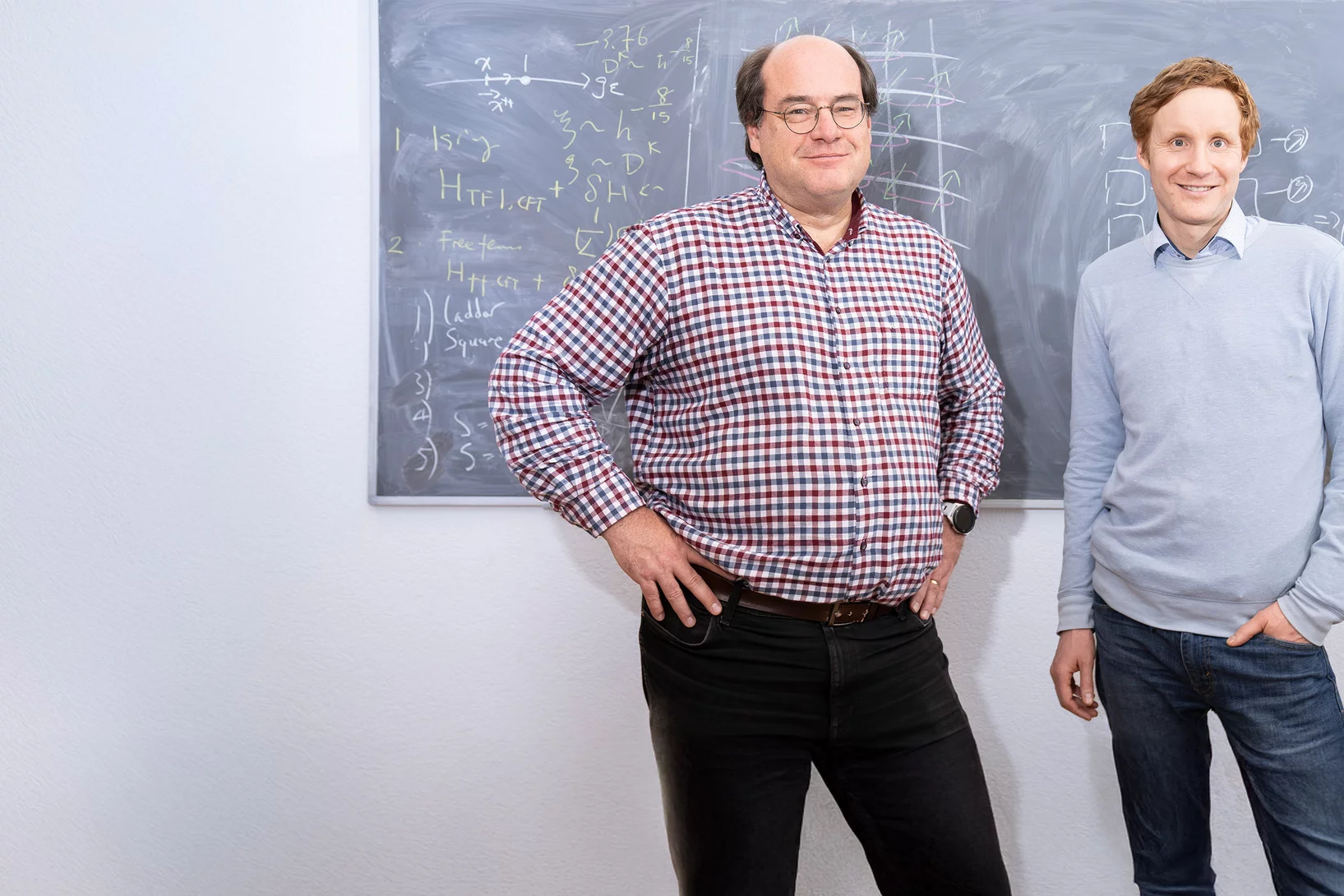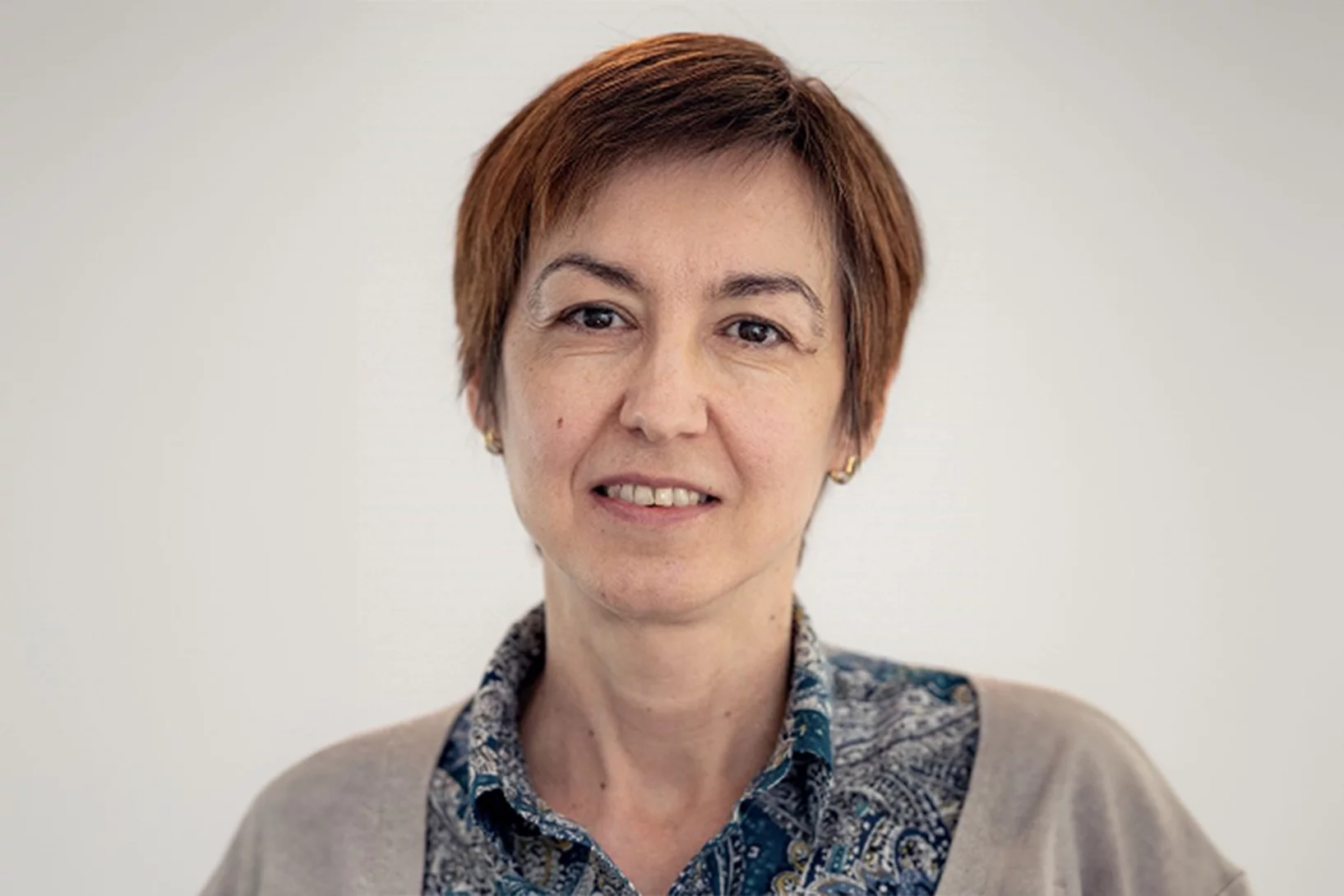Show filters
X-raying auditory ossicles – a new technique reveals structures in record time
Using a bone, PSI researchers have demonstrated how the structures of biological materials can be determined on scales from nanometres to millimetres in a very short time.
2nd GIF Molten Salt Reactor workshop at PSI
On 10 December 2025 the 2nd GIF Molten Salt Reactor workshop took place at PSI
MADICES Conference at PSI
The MADICES 3 workshop was about bringing representatives from the open research data (ORD) community, including research data management (RDM) platform developers/maintainers, ontology/semantics experts, those leveraging AI/LLM for RDM tasks, and FAIR principles advocators together to discuss (and implement solutions for) the problems hindering the adoption of ORD and FAIR principles and practices in the sciences.
HPCP Summer School FHNW/PSI
The institute for Data Science of the FHNW in Brugg - Windisch and AWI department of PSI held a joint course on high performance computing. The course addressed computer science students of FHNW and interested individuals at PSI. Two full days at the FHNW (with Apero) were followed by two full days at PSI using Merlin6 (with tour).
Merlin-7: New model for high-performance computing
An innovative computing cluster is ushering in a new era of computer-aided research at PSI.
Congratulations to Sonali for winning the ACM student research competition !
Congratulations to Sonali for winning the ACM student research competition that took place at PASC 2025 in Brugg as part of the SIGHPC ACM SIG conference
Research Software Engineering (RSE) Movement at PSI
The online information event on the “Research Software Engineering (RSE) Movement” at PSI on Wednesday 7th May, 2025 was a quite success with an unexpected high number of 100+ participants!
With pad, pencil, and algorithms
Physicist Dominik Sidler is developing fundamental theories for previously inexplicable phenomena.
Unique quantum simulator opens door to new research
PSI physicists have teamed up with Google to build a new type of digital-analogue quantum simulator.
New benchmark helps solve the hardest quantum problems
Quantum many-body problems involve the highly complicated process of predicting the behaviour of many interacting quantum particles. A newly developed benchmark helps to solve these problems.
A potential shortcut
Today, machine learning and artificial intelligence are part of the toolkit for most researchers at PSI. In many cases these methods are fundamentally transforming the way we do science.
Prof. Laura Grigori wins the SIAM Supercomputing Career Prize
Congratulations to Laura Grigori for being awarded the 2024 SIAM Activity Group on Supercomputing Career Prize in acknowledgement of her "outstanding contributions to scientific computing, particularly communication-avoiding algorithms".



